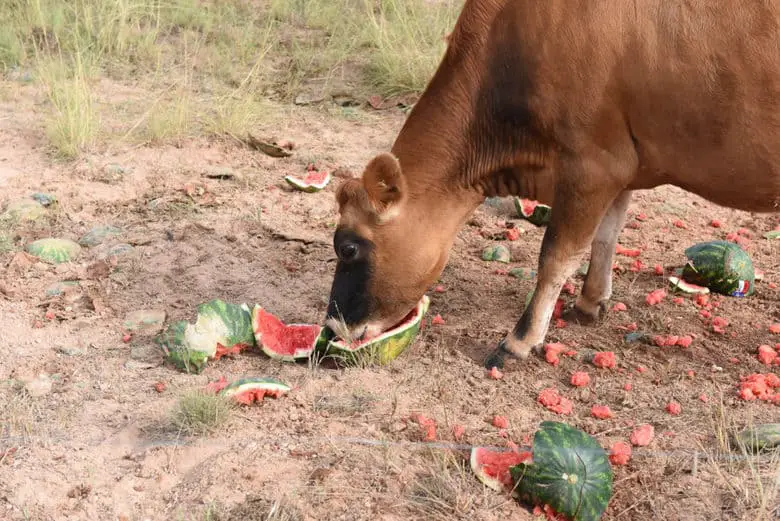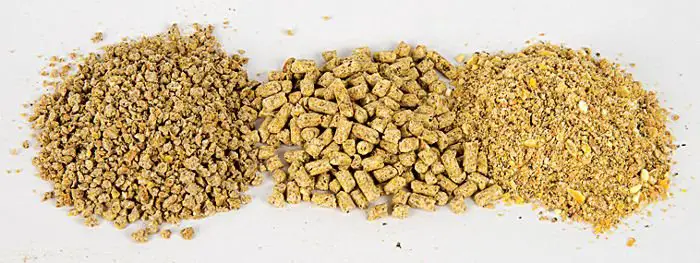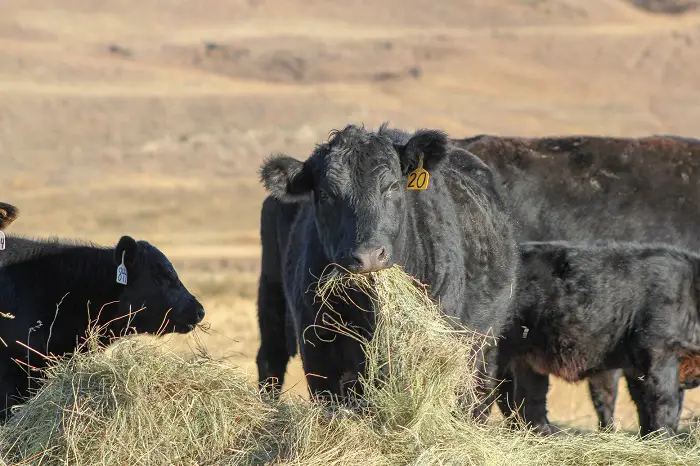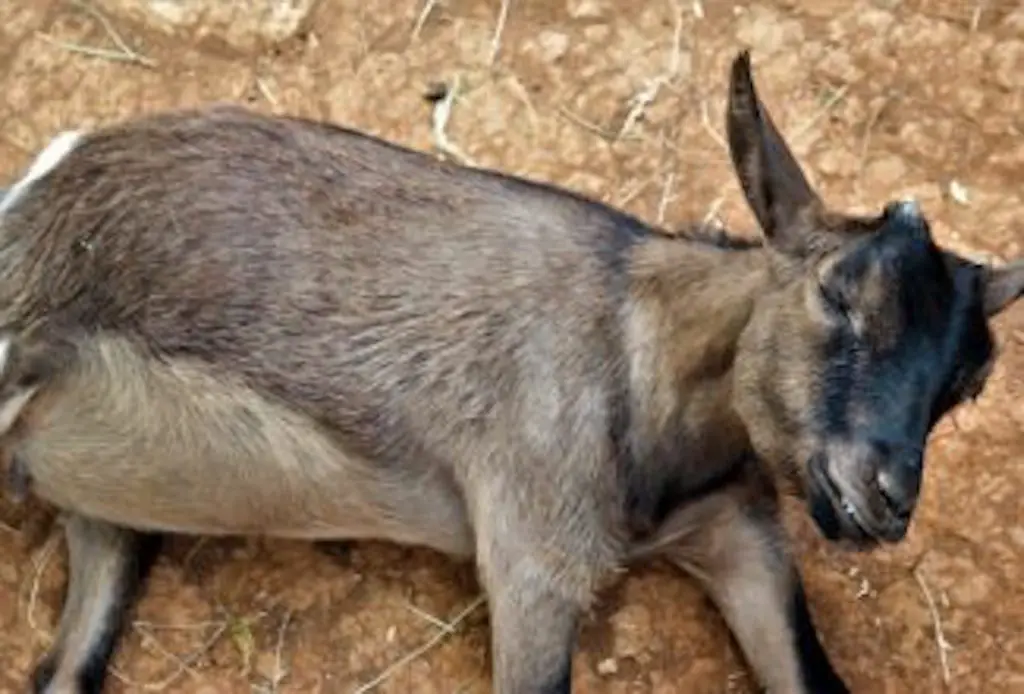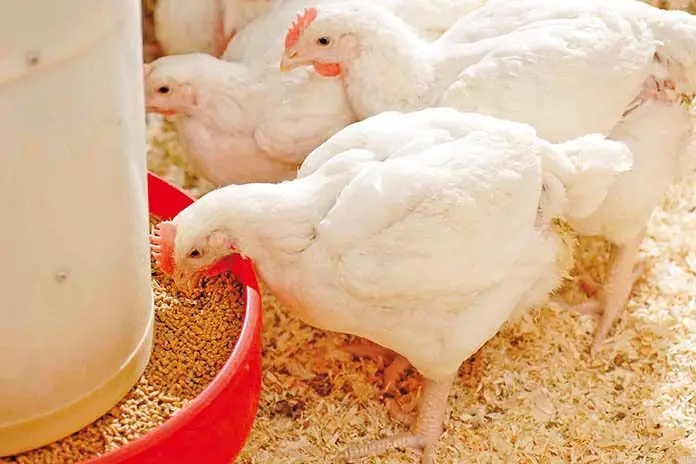In livestock production you must appreciate that feed costs are crucial. Being able to control and manage your feed cost is one of the keys to profitability. You can be glad to know that livestock usually can eat a broad range of foods. That applies to cows and that is something you can capitalize on. All you need to do is to figure out what cows can or cannot eat. Then you settle for options that are cheaper yet beneficial to their growth and development. Let us look into whether or not cows can eat watermelon rinds. Rinds refer to the hard, tough outer layers of the water melons.
Contents
Convenience Of Watermelon Rinds
Livestock farmers always grapple with how to manage feed costs. They always look for cheap ways to feed their livestock. This very much applies to cows just like for any livestock. There are many options when it comes to feed alternatives. The tricky thing is that some alternatives are not easy to come by. Some of them are usually quite expensive. The best feed alternative would be something that otherwise would not have been used. This refers to something earmarked for disposal. This is what makes watermelon rinds such an interesting consideration. Can cows eat watermelon rinds though?
Cows Can Eat Watermelon Rinds
Cows can eat watermelon rinds. In fact, they can eat just about any part of the watermelon. As in, the interior flesh and the juice; they can eat that. The cows can also eat the seeds of the watermelon. Generally the sweet taste of watermelon as a whole delights cows. That is why it is easy for cows to love watermelon rinds as well.
Under normal circumstances, watermelon rinds are disposed. People often never have any meaningful use of watermelon rinds. That is why watermelon rinds can become a waste problem. Feeding them to cows becomes a witty way to handle waste. The bonus of course is that the water melon rinds are beneficial to cows’ health.
Health Benefits Of Watermelon Rinds To Cows
Provides Wide Assortment Of Vital Nutrients
Watermelon rinds have a wide assortment of all vital nutrients. They have several different types of vitamins. These are essential to the cows’ immune system. They also have a number of essential minerals e.g. calcium, iron, and potassium, amongst others. Watermelon rinds have a substantial amount of carbohydrates; roughly 8 grams per 100 grams. Sugar is another substantial part of water melon rinds; 6 grams per 100 grams. They also contain protein, fiber, and fat but in much smaller quantities. The water content is quite high at over 90 percent. These nutrients put together, cater to the cows’ overall growth, development, and well-being.
Necessary Cost-Effective Feed Supplement
Typically cows mostly feed on grass and hay. Such foods may not always be abundantly available. Plus such foods may not adequately cater for the cows’ nutritional needs. That is why supplementary feeding is important. Especially cheap but healthy supplementary feeding is important. That is what makes watermelon rinds a good addition to the cows’ diet. The watermelon rinds will essentially costs nothing; they were meant for disposal after all. Yet they are healthy for the cows as a feed supplement. Watermelon rinds can fill nutritional gaps in the cows’ diet.
How To Feed Watermelon Rinds To Cows
Chop Up The Watermelon Rinds First And Feed Exclusively
There might be a temptation to just feed the cows with whole watermelons. Though that may seem to work, most farmers have noted something. Cows prefer to be fed the watermelon rinds as a separate treat. Thus it is wiser for you to do the same. Plus, it makes ingestion and digestion much easier than for whole watermelons. It also helps if you chop up the watermelon rinds first. This lessens the effort the cows have to use to eat them. Plus it eliminates choking risks. For much younger cows you might want to chop them up into much smaller pieces.
Selection And Preparation Of Watermelon Rinds
Your choice of watermelons rinds for the cows matters. Settle for rinds from watermelons that are fresh. This will also help avoid feeding your cows with rotten watermelon rinds. Watermelon rinds that are not fresh can be hard and cause digestive problems. Always make sure the watermelon rinds are free from any exterior dirt. Such dirt may harbour pathogens. Make it a habit to wash the watermelon rinds before feeding them to the cows. Do not forget about the possibility of feeding the cows with watermelon rinds with chemical residues. Ascertain the feed-safety of the watermelon rinds in question first.
Cows Should Not Eat Too Much Of Watermelon Rinds
Digestive Complications May Result
Watermelon rinds are good for the cows. However, they cannot just eat them unchecked. Too much of those watermelon rinds can create health issues. Of particular concern can be digestive issues that may result. Excessive intake of watermelon rinds may also reduce the cows’ appetite for other foods. Remember cows need a balanced diet so they must eat a wide variety of foods.
One Per 3 Cows Per Day
It is a cardinal rule that you should limit anything cows eat. When feeding cows with watermelons, 1 per every 3 cows per day is healthy. This means you can use the same proportion for watermelon rinds. It should be 1 watermelon’s worth of rinds per 3 cows per day. Thus the number of watermelons you can prepare for your cows will be as a function of the size of the herd.
Final Words
You do not necessarily need to grow your watermelons. You can if you want. Otherwise you could just engage people or places that often have to dispose watermelon rinds. That would be a waste management convenience for them. Then you would be benefiting by getting a free but healthy feed alternative for your cows. It is almost common to find watermelon farmers having leftover watermelons. You can capitalize on that as well.
